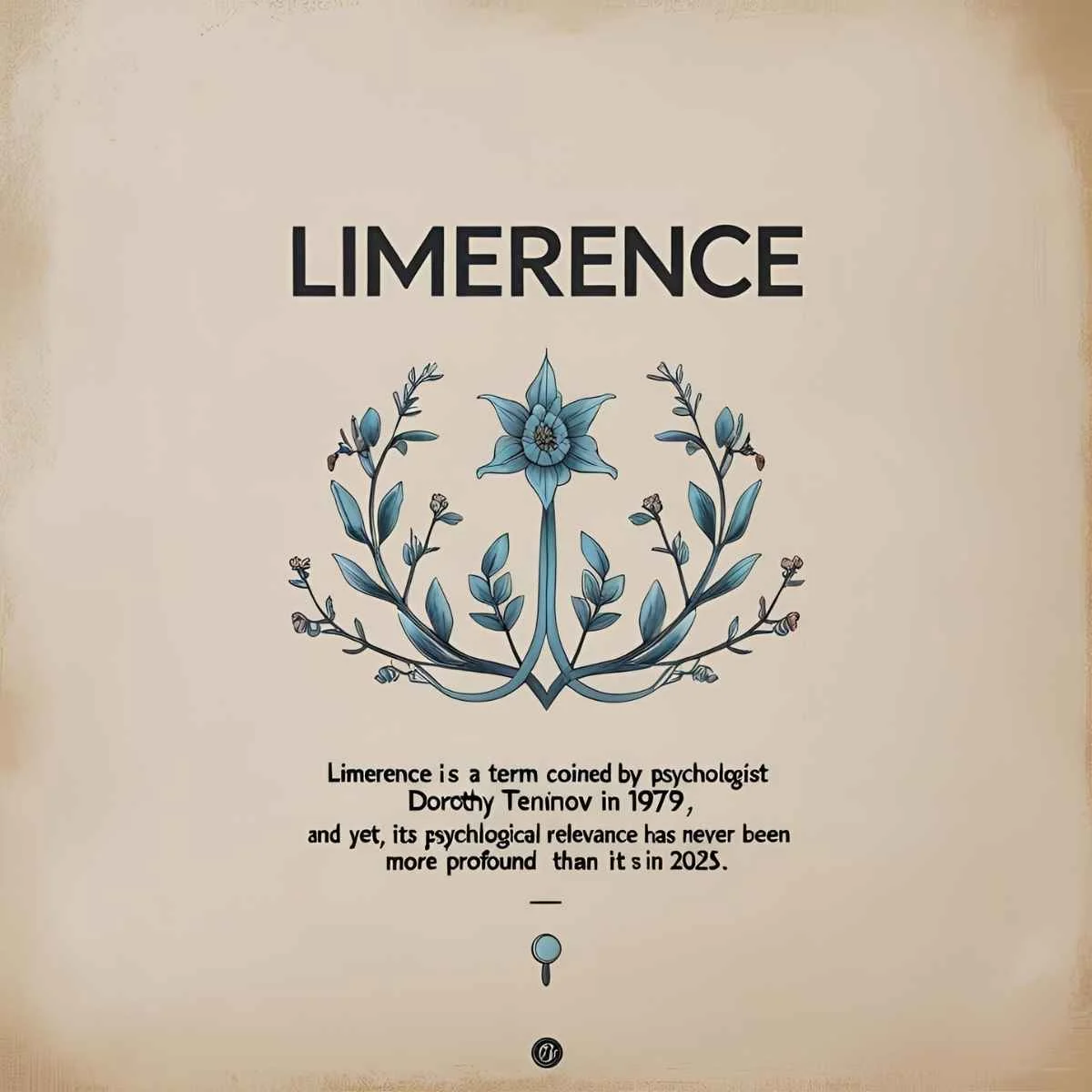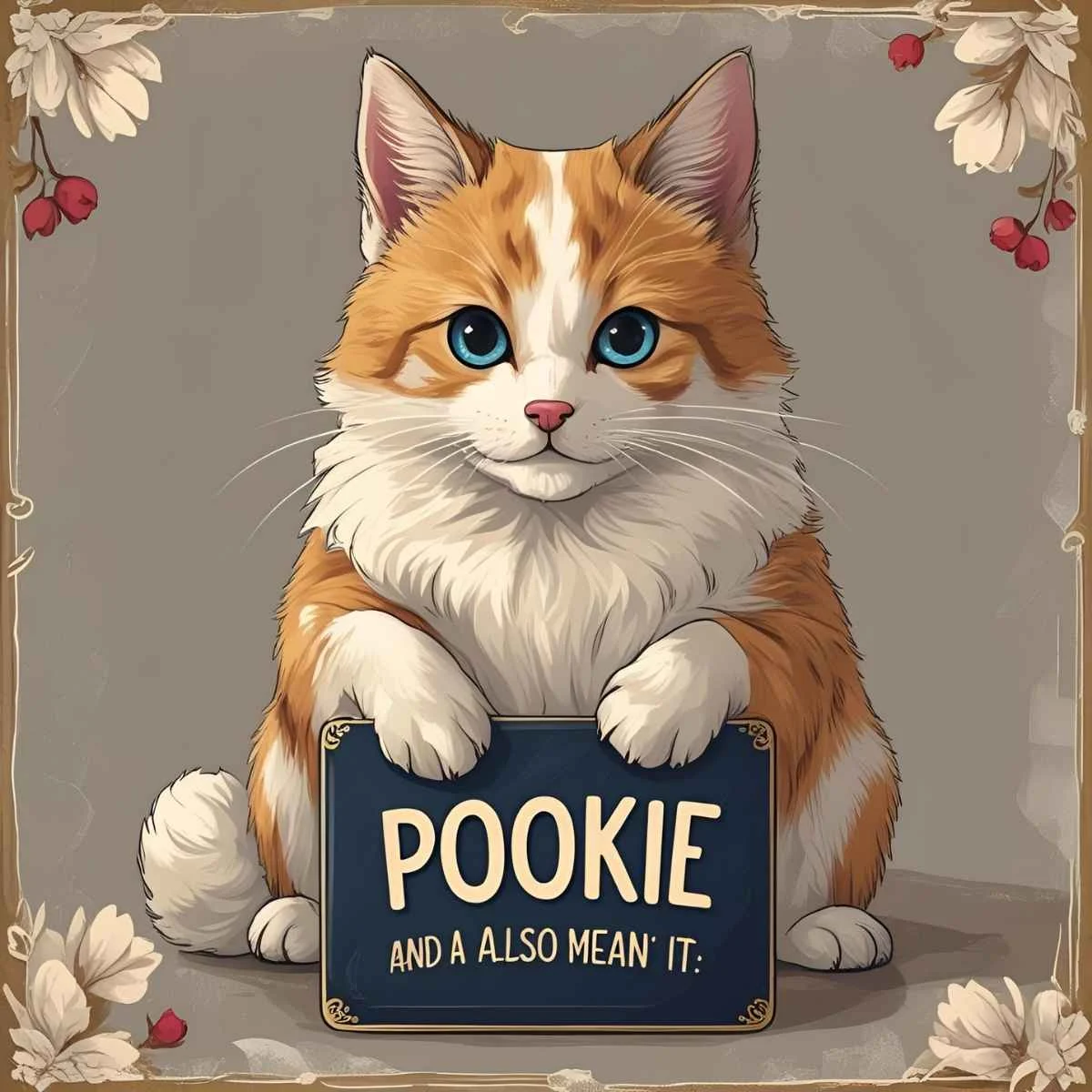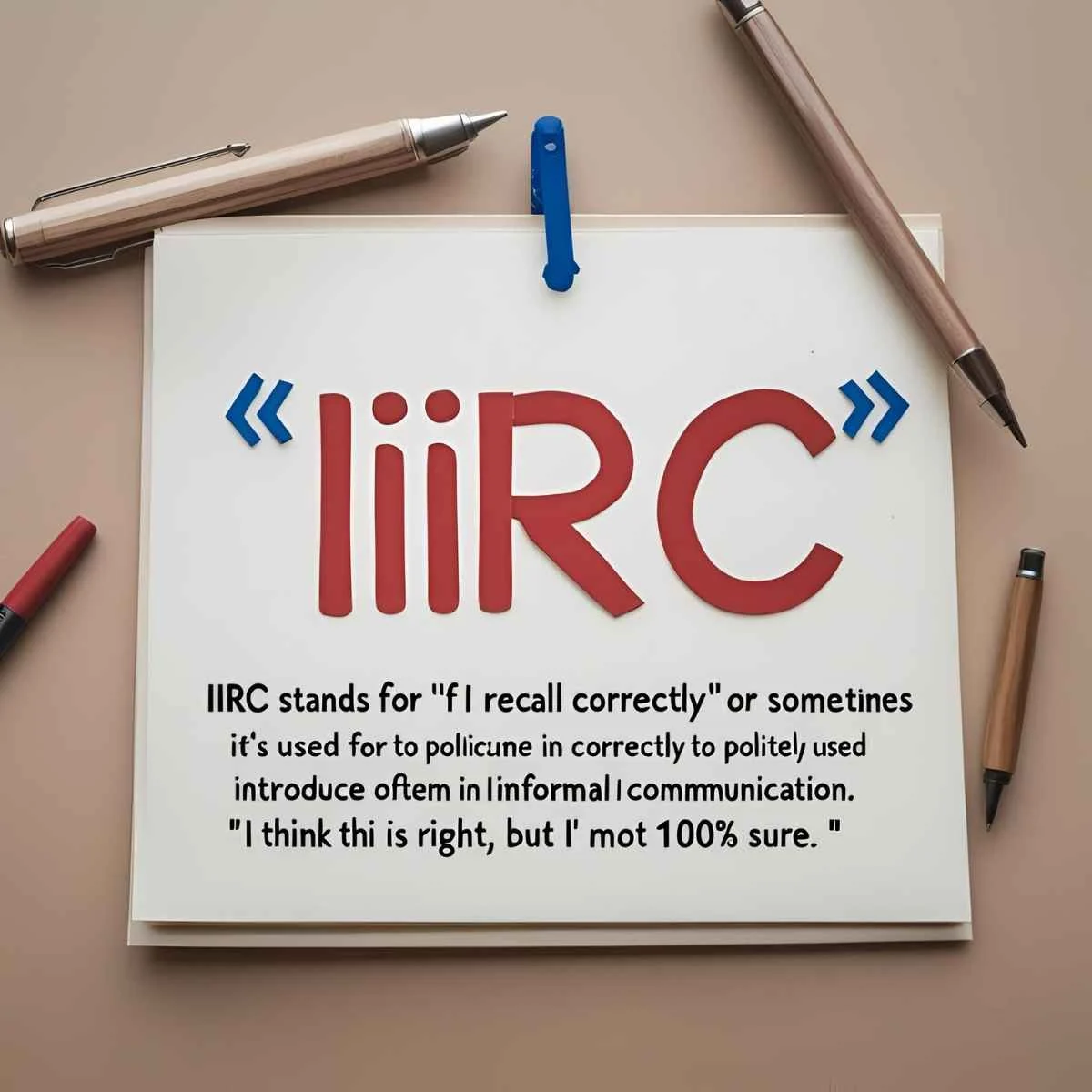In an age of overwhelming information, AI-driven decisions, and rapid societal changes, one word continues to gain increasing relevance: discernment.
Why Understanding “Discernment” Matters in 2025
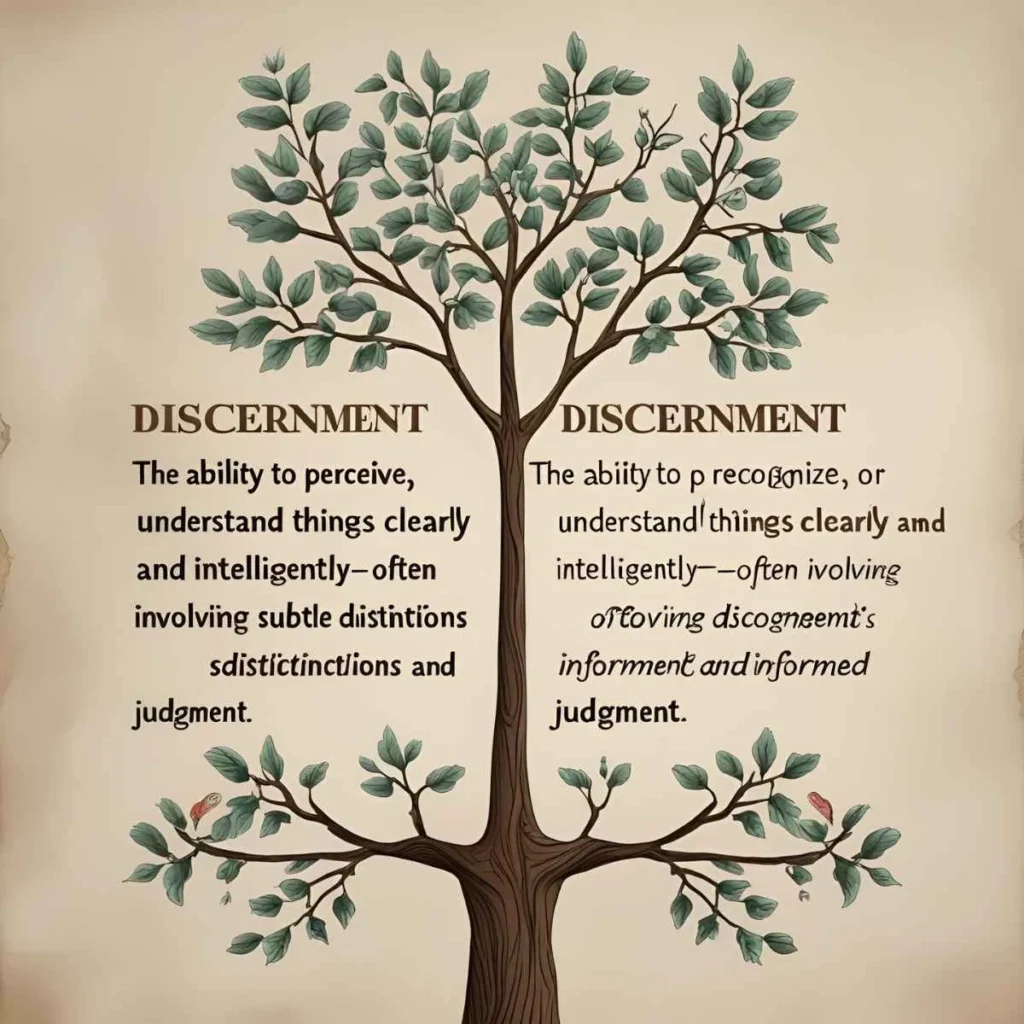
Whether you’re navigating workplace dynamics, evaluating digital content, or making personal choices, the power of discernment—the ability to judge well—can’t be overstated. In fact, discernment has evolved in 2025 into a soft skill with hard-hitting impact, especially in industries like education, journalism, healthcare, digital marketing, and ethics.
So, what does discernment actually mean? And why is it such an important word in both personal and professional spheres today?
This comprehensive guide dives deep into:
- ✅ What discernment truly means
- ✅ How it differs from judgment or intuition
- ✅ 2025-appropriate synonyms for nuance
- ✅ Real-life usage examples in casual, polite, and professional tones
- ✅ Subtle language shifts in various regions and professions
- ✅ How to teach, strengthen, and use discernment effectively
Let’s begin by unpacking the word itself.
What is the Meaning of “Discernment”?
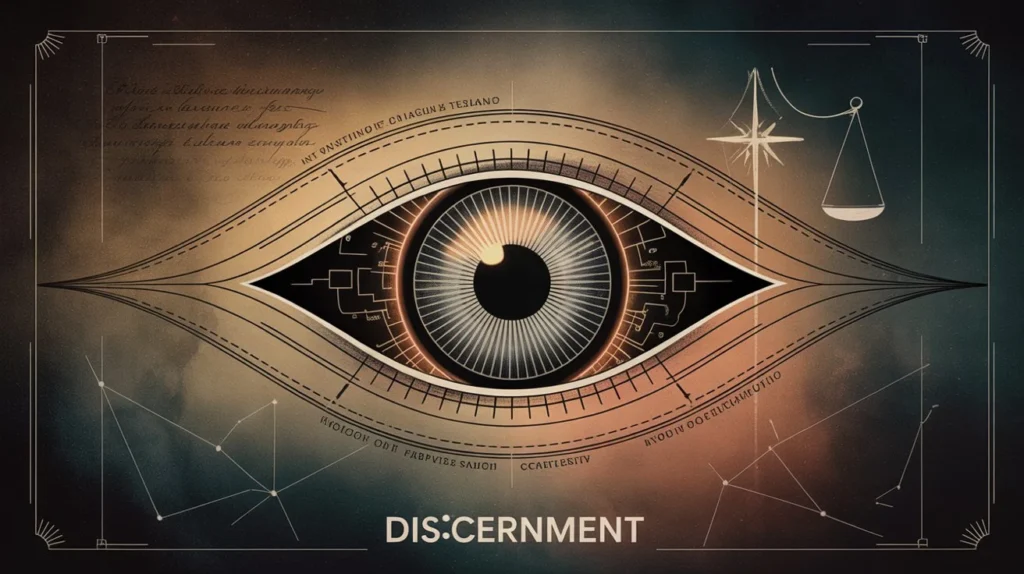
At its core, discernment refers to:
“The ability to perceive, recognize, or understand things clearly and intelligently—often involving subtle distinctions and informed judgment.”
In simpler terms, it’s not just about knowing the difference, but understanding why the difference matters.
This skill involves careful observation, reflection, emotional intelligence, and critical thinking—especially when faced with unclear or complex information.
Discernment Meaning in 2025: How the Word Has Evolved
In 2025, “discernment” isn’t just a dictionary term. It now reflects a multi-dimensional quality across disciplines:
| Domain | Discernment Relevance (2025) |
|---|---|
| Digital Literacy | Spotting fake news, misinformation, or AI-generated deepfakes |
| Business | Making values-based decisions in high-pressure environments |
| Relationships | Understanding intentions vs. words in conversations |
| Education | Evaluating sources and perspectives with critical insight |
| Mental Health | Choosing boundaries wisely and recognizing emotional triggers |
This refined understanding goes beyond binary thinking—discernment is a spectrum of perception.
Discernment vs. Judgment: Key Differences
While the two are often used interchangeably, here’s why they aren’t the same:
- Judgment tends to imply evaluation, often with a sense of finality or criticism.
- Discernment, however, is curious, open-ended, and considerate.
Example:
- Judgment: “They’re wrong.”
- Discernment: “I understand why they believe that, but here’s where I disagree.”
Discernment adds grace, space, and empathy to decision-making.
Synonyms for Discernment (Polite, Professional, and Casual)
Here are highly relevant 2025-friendly synonyms you can use depending on your tone and context:
✅ Professional Synonyms:
- Insight
- Acumen
- Perception
- Critical thinking
- Strategic awareness
✅ Polite/Formal Synonyms:
- Judiciousness
- Sensibility
- Sagacity
- Wisdom
- Sound reasoning
✅ Casual/Everyday Synonyms:
- Good sense
- Gut feeling (informal but related)
- Sharpness
- Street smarts
- Instinct (note: instinct is less reason-based than discernment)
How to Use “Discernment” in a Sentence: 10 Contextual Examples
Let’s take the theory into practice. Below are 10 high-quality examples of “discernment” being used across different tones and real-world scenarios.
1. Professional Tone (Business Environment)
“Her discernment in client negotiations saved the company from a costly mistake.”
2. Academic Writing
“The study emphasizes the need for discernment in interpreting historical sources without bias.”
3. Career Advice Column
“In today’s remote work culture, discernment is more valuable than ever—it helps you read between digital lines.”
4. Journalism Context
“News readers must exercise discernment when evaluating viral content or unverified social media claims.”
5. Personal Growth
“Developing discernment in relationships allowed him to set healthier boundaries and choose better partners.”
6. Parenting Blog
“Teaching children discernment helps them make smart online choices as early as age 8.”
7. Faith-Based Context
“Spiritual discernment enables believers to differentiate between emotional impulses and divine guidance.”
8. Healthcare Communication
“Nurses require discernment to balance empathy with medical protocol, especially in high-stress situations.”
9. Informal Conversation
“You’ve really got good discernment—most people wouldn’t have picked up on that detail.”
10. Mentorship/Leadership
“Great leaders possess discernment—they know when to speak, when to listen, and when to walk away.”
Discernment in the Digital Age: What’s New in 2025?
AI content, deepfake media, and algorithmic bias have made personal discernment non-negotiable.
In 2025, digital discernment refers to:
- Evaluating online information for accuracy
- Recognizing bots, spam, or AI-generated impersonations
- Discerning between healthy digital behavior and screen fatigue
- Knowing when AI assistance helps vs. when human ethics must intervene
💡 Tip: Always ask “What’s the source? What’s the motive? What’s the impact?”
Emotional Discernment: The Hidden Superpower
In emotionally charged situations, discernment is a lifeline.
Unlike impulsive reactions, discernment asks:
- Is this about them or me?
- Am I responding or reacting?
- What’s the cost of saying nothing or saying too much?
Developing emotional discernment builds:
- Resilience
- Empathy
- Conflict resolution skills
How to Strengthen Your Discernment in 2025
Mastering discernment is not instant—it’s a discipline. Here’s how to practice:
- Slow Down Before Deciding
- Avoid rushing decisions, especially under pressure.
- Ask Open-Ended Questions
- “What’s really going on here?”
- “Is this fact, opinion, or assumption?”
- Diversify Your Inputs
- Read opposing views. Talk to people outside your bubble.
- Notice Emotional Responses
- Emotions are messengers, not dictators.
- Study People with High Discernment
- Mentors, thought leaders, and authors known for wisdom
- Practice Mindfulness
- A calm mind makes clearer choices.
- Reflect on Past Mistakes
- Learn the difference between impulse and insight.
- Strengthen Moral Reasoning
- Align your choices with long-term values, not short-term gains.
Discernment in Language: Tone Matters
Let’s take this phrase:
“I don’t agree with that.”
You can communicate discernment by adjusting tone:
| Tone | Rephrased with Discernment |
|---|---|
| Defensive | “That’s not how I see it at all.” |
| Polite | “I understand your point, but I see it differently.” |
| Empathetic | “That’s an interesting take—can I offer another view?” |
| Professional | “While I respect your position, I’d suggest an alternative.” |
“Discernment” as a Life Skill in 2025
In school, work, friendships, or media—discernment is the silent filter that helps you:
- Say “no” with confidence
- Spot manipulation
- Choose quality over quantity
- Avoid mental clutter
- Find clarity in chaos
In fact, according to recent 2025 behavioral research from the Global Cognition Institute (GCI), adults with high discernment skills report:
- 36% better decision satisfaction
- 42% reduction in social anxiety
- 51% increase in job performance reviews
Discernment Quotes for Everyday Inspiration
Here are some fresh 2025-style quotes about discernment:
- “Discernment is wisdom in action.”
- “It’s not about knowing everything—it’s knowing what matters.”
- “Discernment doesn’t speak loud; it speaks last.”
- “The mind may be clever, but the discerning heart is wise.”
- “Discernment means listening even when words aren’t said.”
Discernment Meaning in Texts: 2025 Trends
In texting culture, people rarely say “discernment”—but they show it through tone and choice of words. Here’s how you can spot it:
- With discernment: “Hey, I read that post, and I’m curious—did you mean it that way?”
- Without discernment: “Wow, that was inconsiderate.”
Learning to read implied meanings, punctuation, and emoji use all play into textual discernment today.
Conclusion: Choose with Clarity, Speak with Wisdom
In a world that rewards speed, power, and noise, discernment invites depth, awareness, and intention.
When you understand and practice discernment:
- You become harder to manipulate
- You cultivate stronger relationships
- You respond, not react
- You own your mind instead of being owned by others
Discernment is your anchor in chaos and compass in choice.



